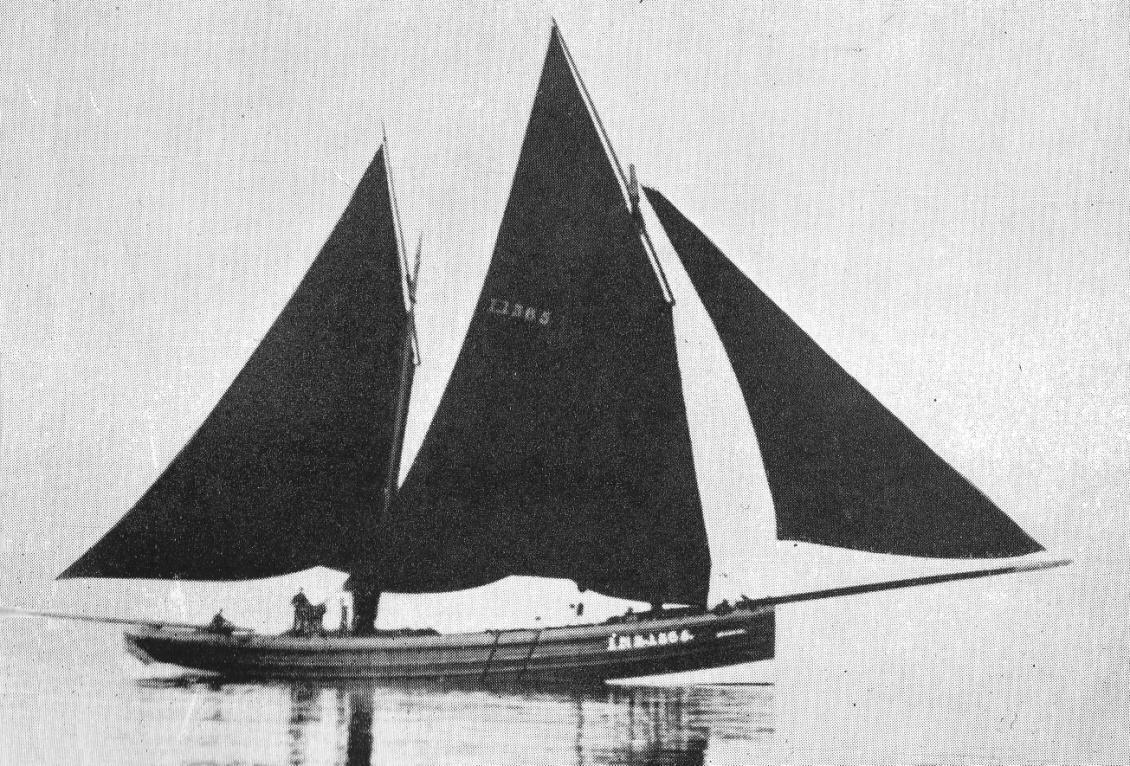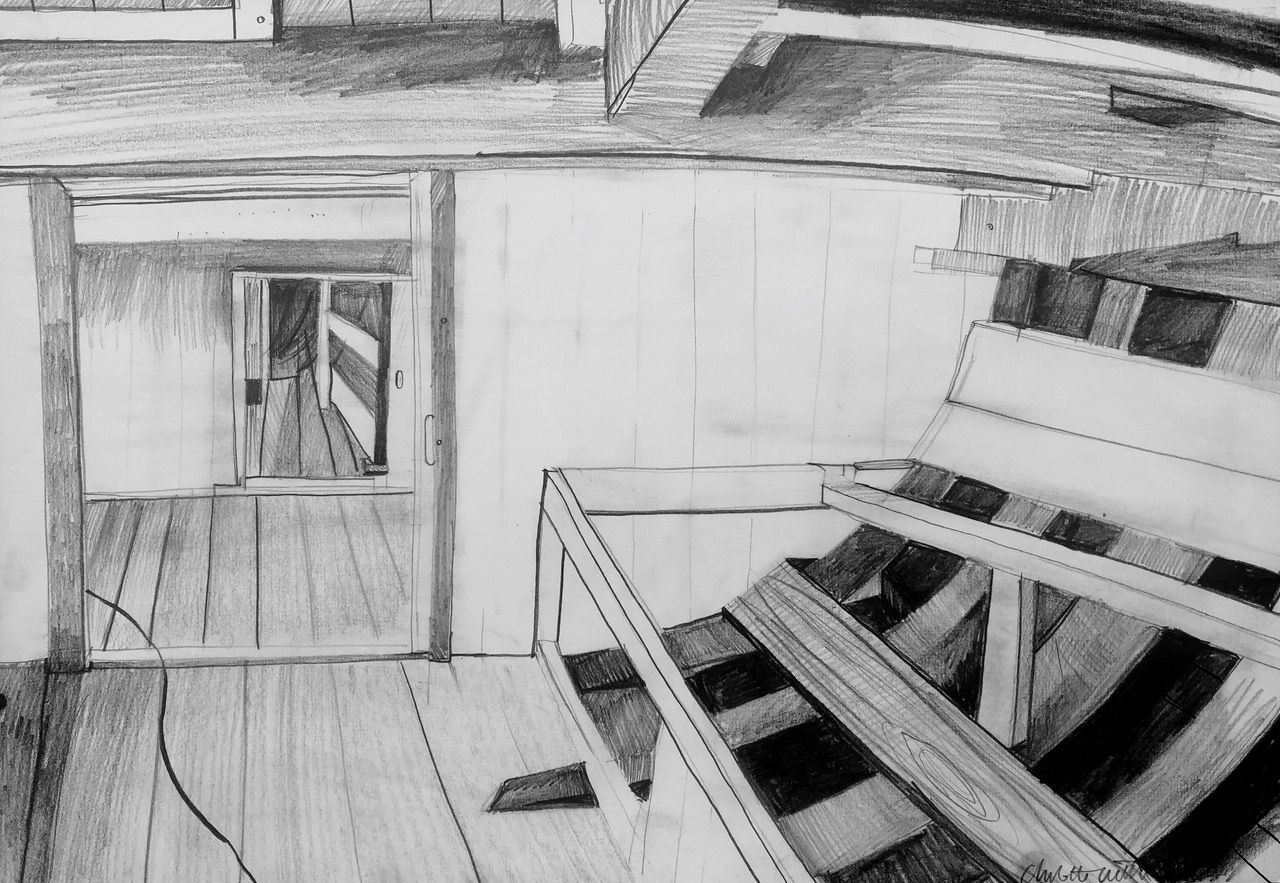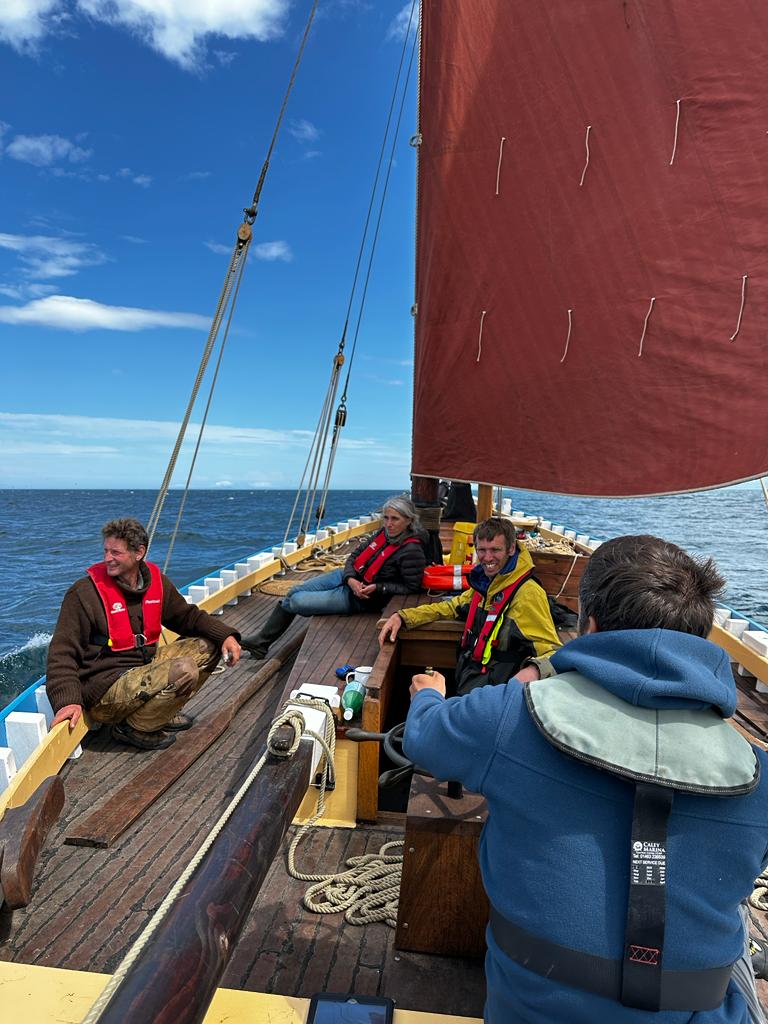For decades, Zulu-class vessels were the backbone of Scotland’s sail-powered fishing industry - powerful, elegant and built for speed. Today, almost nothing remains of this once-proud fleet. With your support we can secure the future of Scotland's maritime history.


For decades, Zulus were the beating heart of the sail powered Scottish fishing industry, and one of the most magnificent boats ever to sail our seas. The most highly evolved of the herring luggers, they sported colossal, aerodynamically efficient lug sails; essential at a time where fortunes could be made or lost by a vessel’s speed and power.
Once numerous in the harbours of the North and Celtic seas, there is now almost no trace to be found of these magnificent vessels, other than a few rotting hulks scattered along the shore, falling into obsolescence as engine supplanted sail. The class-one Zulu is the missing link in Scotland’s floating seafaring heritage.
.png)
Commissioned by Sandy MacLeod of Lewis, the SV Muirneag is constructed as a class-one Zulu herring lugger. Fast, powerful, and efficient under sail, she quickly earns a reputation as one of the finest vessels in the fleet.
Under MacLeod’s command, Muirneag works the herring grounds across the North and West of Scotland. She is known for her speed and the skill of her skipper, operating entirely under sail even as engines become the industry standard.
.png)
.png)
With the outbreak of World War II, Muirneag is retired from commercial herring fishing, marking the end of an era for Scotland’s sail-powered fishing fleet.
Muirneag is sold at public auction in Stornoway for £50. As the boat is being broken up, George MacLeod of Lewis surveys her structure in detail. His measurements are later turned into precise plans by Harold A. Underhill, ensuring the Muirneag is not lost entirely.
.png)

The Ullapool and West Coast Working Boats Trust successfully works on other historic vessels such as the St Vincent and Clan Gordon, laying the foundation for a more ambitious project: the full reconstruction of a lost Zulu-class lugger.
Scottish coastal communities such as Ullapool were founded on herring fishing with fleets of migrant wooden vessels following the shoals. SV Muirneag was ordered by a Lewis man Sandy MacLeod in 1903 who worked her continuously until 1939. Both vessel and captain had a formidable reputation, hard-driving, fast and able. In her later years, Muirneag was the last herring drifter to fish solely under sail. In 1945, at the age of eighty, MacLeod took her to sea for a night before finally laying her up; he had skippered her for forty-two years. In 1947 she was sold at public auction at Stornoway for fifty pounds, from where she was towed to Loch Erisort to be broken up for fence posts. (These were the days before fencing grants). While she was being broken up a local man, George MacLeod, surveyed her, taking painstaking measurements which formed the basis of meticulous, comprehensive plans subsequently drawn out by Harold A Underhill, of Glasgow.
These plans give us the blueprint for recreating SV Muirneag.

Help bring the SV Muirneag to life by sponsoring a plank - your personal contribution to the largest traditional wooden boat build in Scotland for decades.
Every plank brings us one step closer to launching this historic vessel and ensuring her future as a self-sustaining community asset.


Get in touch with us using the form below and we'll get back to you.